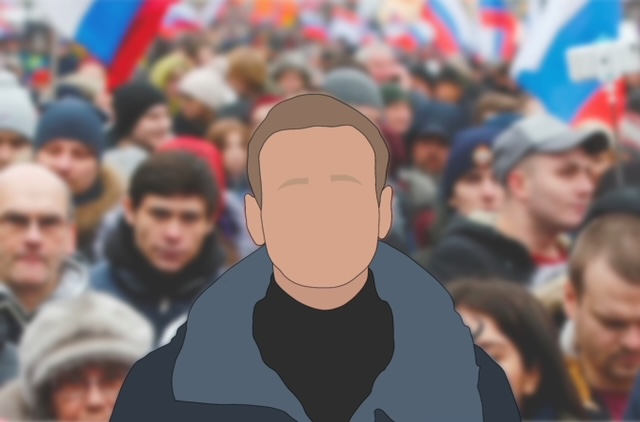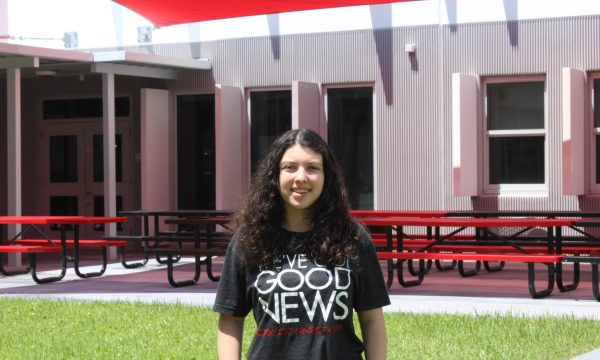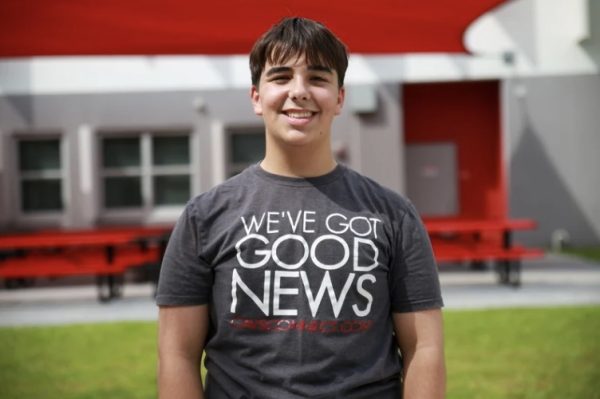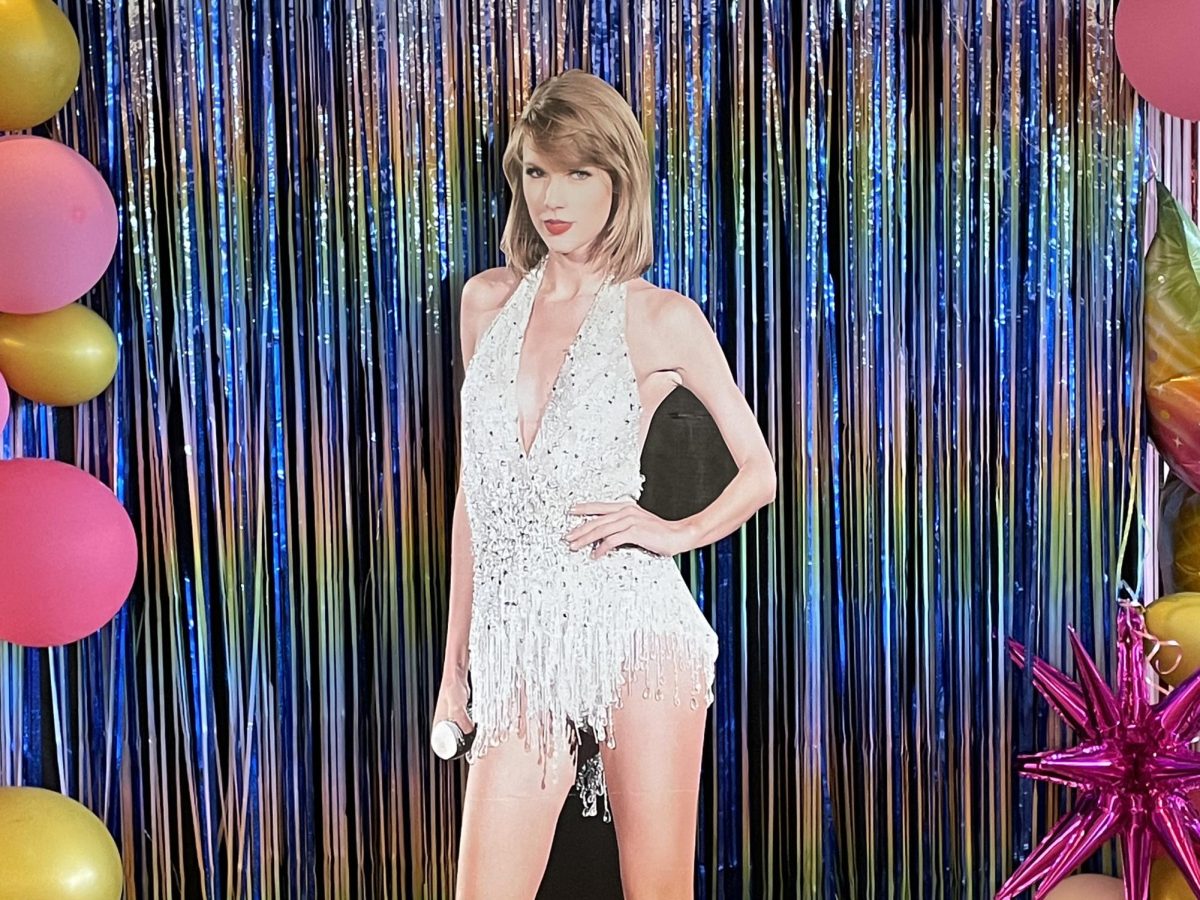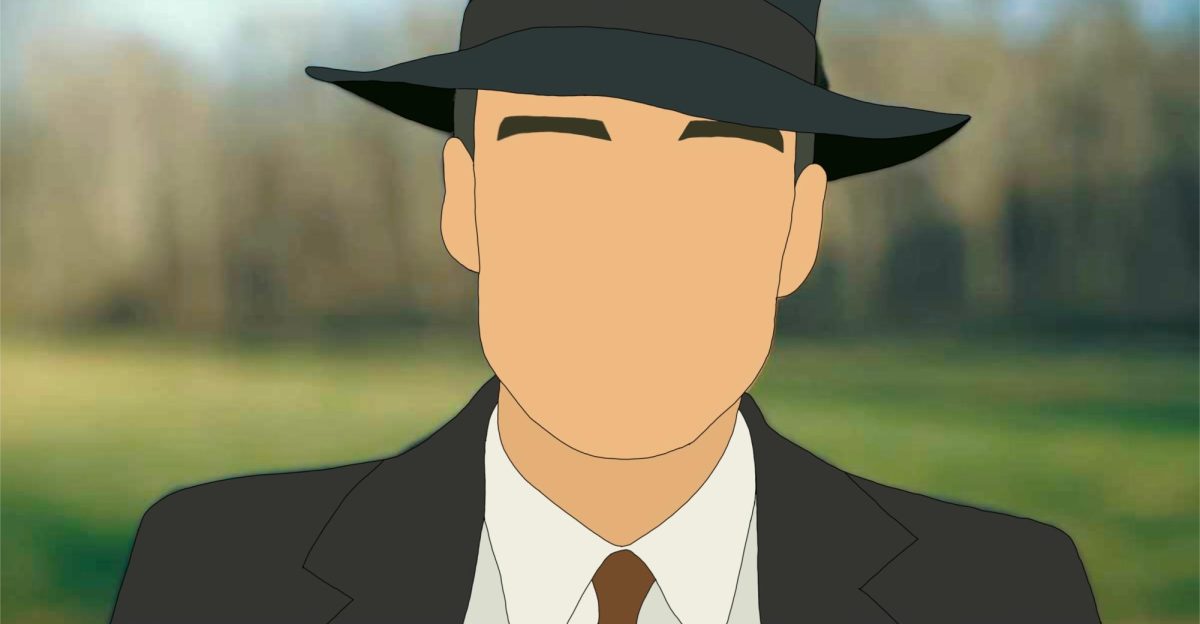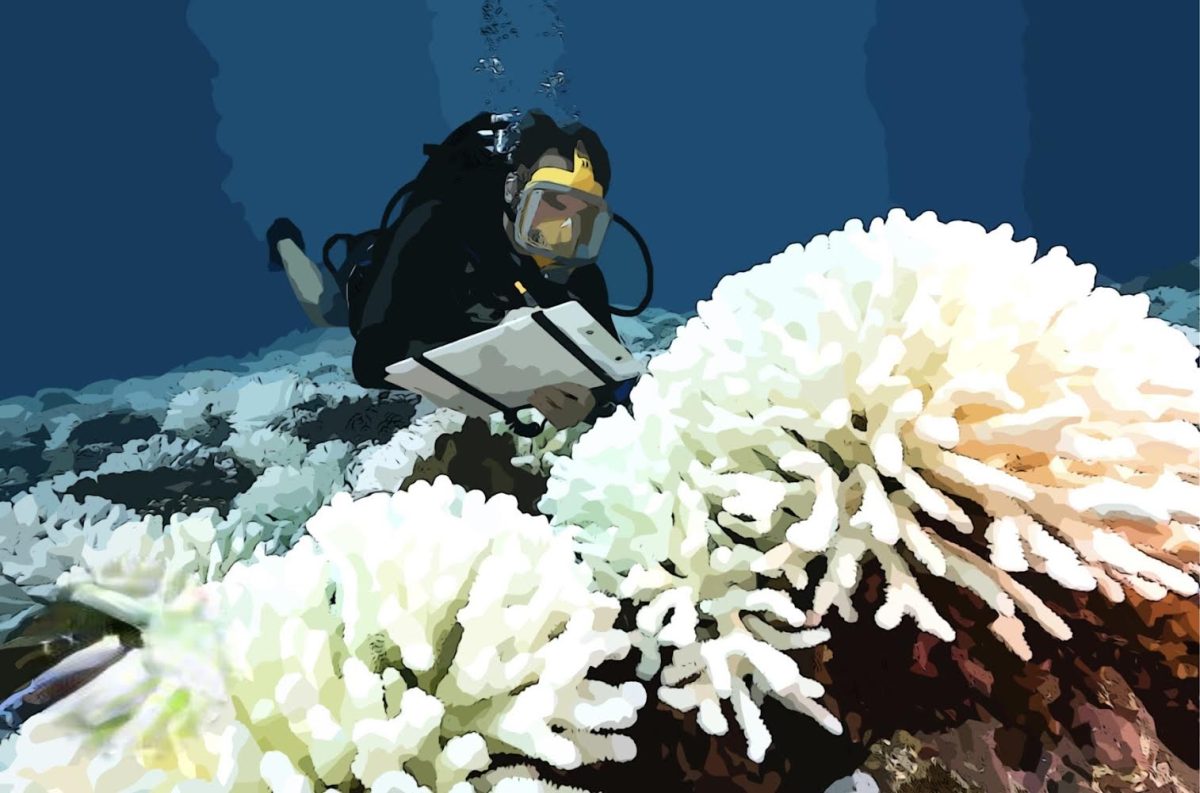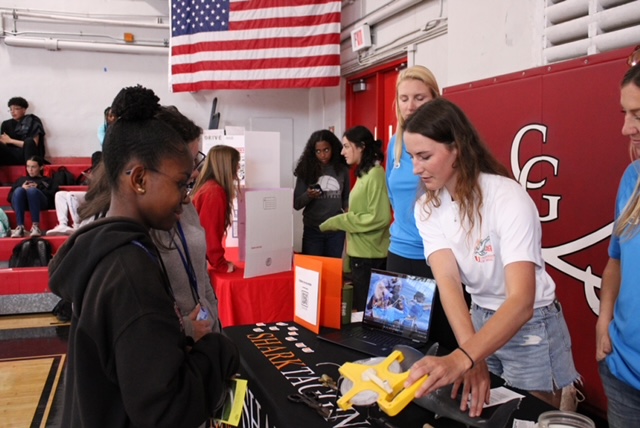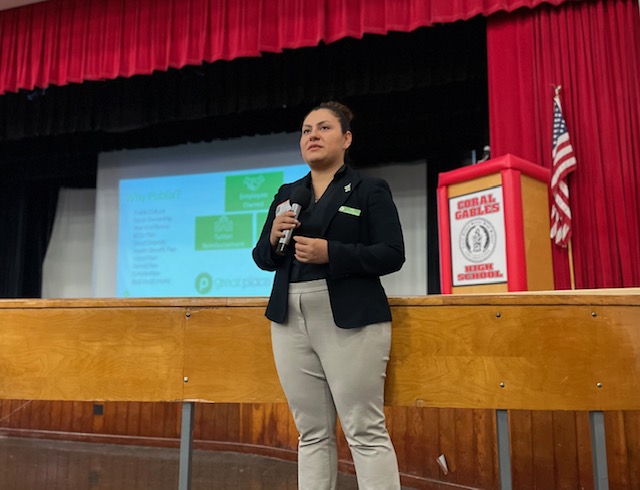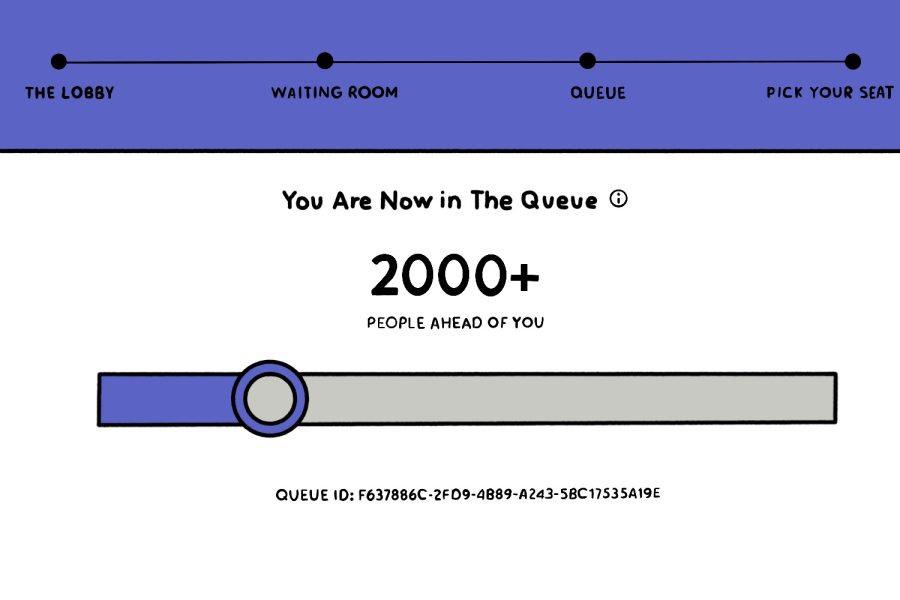Alexei Navalny, a prominent political dissident of Russian President Vladimir Putin, died on Feb. 16 in a Russian prison at age 47. The anticorruption activist had previously been poisoned with Novichok, a nerve agent that was slipped into his tea by members of the Russian Federal Security Service. However, he survived, recovered in Europe and bravely returned to Russia.
Though he had ties to ultra-nationalism at the beginning of his political career, Navalny was the Kremlin’s fiercest critic. He was one of the few men who dared to challenge Putin’s stronghold over Russian politics and speak out against his ruthless and unprovoked invasion of Ukraine, which has led to the deaths of 31,000 Ukrainian troops and a brutal war.
“It takes courage and strength to speak out against a powerful government, protesting the corruption many Russians experience on a daily basis. I am confident that Navalny will be remembered for many years to come,” junior Naomi Galex said.
It took eight days for the Russian government to return his body to his mother, Lyudmila. She was reportedly threatened by officials that they would allow her son’s body to “decompose” if she did not agree to a secret funeral. The Kremlin has also detained and arrested at least 400 people, purely for mourning Navalny in vigils.
It is clear that Putin holds responsibility for Navalny’s death. He is accused by Navalny’s allies of having him killed to thwart a planned prisoner swap in which Navalny would have been exchanged for a hitman serving a life sentence in Germany. The aftermath of Navalny’s tragic death demonstrates that Russia is becoming dangerously authoritarian, a country in which widespread propaganda distorts the truth, freedoms of speech and dissent are stifled. Instead of ignoring the atrocities Putin’s dictatorial regime has committed, the U.S. must fight to protect global democracy and the power of the North Atlantic Treaty Organization.
“I think the United States has the obligation to impose as much diplomatic pressure as it can to show the rest of the world where it stands,” senior Juan Fajardo said.
The responses of President Biden and former President Trump could not be more different. Biden met with Navalny’s widow, Yulia Navalnaya. She has vowed to continue her husband’s work to produce successful opposition to Putin, who is likely to serve another six years as Russia’s leader. Biden said he was “not surprised” but “outraged” by Navalny’s death, placing the blame squarely on Putin and his “thugs”.
The Biden administration also announced additional sanctions on more than 500 targets, including the Russian defense industrial base and sources of revenue for the country that power the war on Ukraine. Congress is currently facing a standoff on aid to Ukraine; a 95 billion dollar package failed to pass the Senate because Republicans are more concerned with immigration and the Southern border. However, hardline conservatives blocked a bipartisan border package, indicating that they care more about manufacturing a domestic crisis to gain a political advantage in an election year than fighting for human rights and America’s national security interests.
Trump, on the other hand, compared his criminal indictment for attempting to overturn the 2020 election to Navalny’s political persecution. This statement demonstrates his narcissism and complete lack of understanding of foreign policy. He has a history of refusing to denounce Putin, which explains Russia’s attempts to influence the past elections in Trump’s favor. A Trump presidency would destabilize NATO and make dictators like Putin stronger, instead of U.S.’s allies.
“Navalny’s death was definitely a shock to me due to its sudden occurrence and the fact that he was so young. I have no doubt that the Russian government was behind it,” senior Steffi Sarmiento-Mena said.
The far right in general has chillingly attempted to discredit Ukrainian prime minister Zelensky and failed to condemn Putin for his war crimes. For example, Tucker Carlson interviewed Putin days before Navalny was found dead in an Arctic penal colony. He bizarrely praised Moscow’s grocery stores and metro station rather than calling Putin out for his repeated imprisonment of political opponents like Navalny, targeting of civilians and criminalization of criticism of his armed forces.
“I first learned of Navalny after his death. After doing some research about his campaign against Putin, I’m shocked about all that he endured at the hands of Putin. He sacrificed his safety for the greater good of his country,” junior Naomi Galex said.
Trump and the far right’s dangerous “America First” nationalism is the least thing the world needs, as Putin is emboldening China’s Xi Jinping to exert more control over Taiwan. The U.S. must rely on the international community now more than ever as the world continues to face dangerous instability and conflicts. The commander-in-chief must take the threat of Russia seriously rather than minimize Putin’s crimes.



